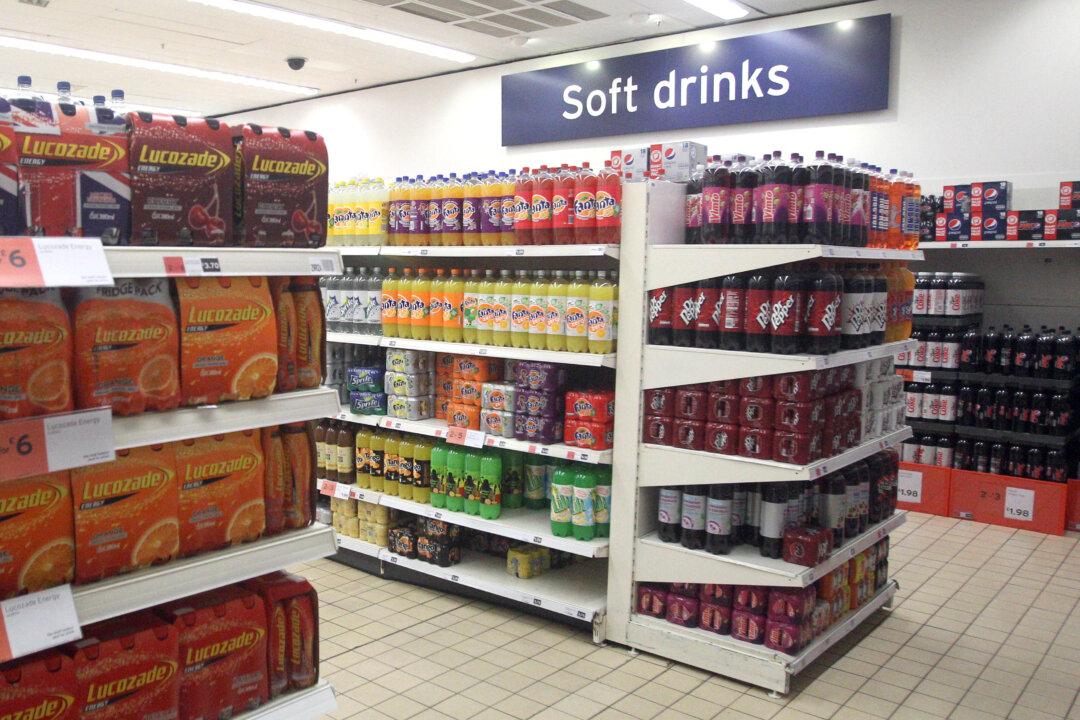Senate Majority Leader Chuck Schumer (D-N.Y.) is urging the U.S. Food and Drug Administration (FDA) to look into a popular energy drink that he says is posing health risks to children.
“PRIME Energy Drink has so much caffeine that it could endanger kids’ health. But it’s being marketed to kids! Parents and pediatricians are worried. The FDA must investigate PRIME for its absurd caffeine content and its marketing targeting kids on social media,” Mr. Schumer wrote in a July 10 tweet.





